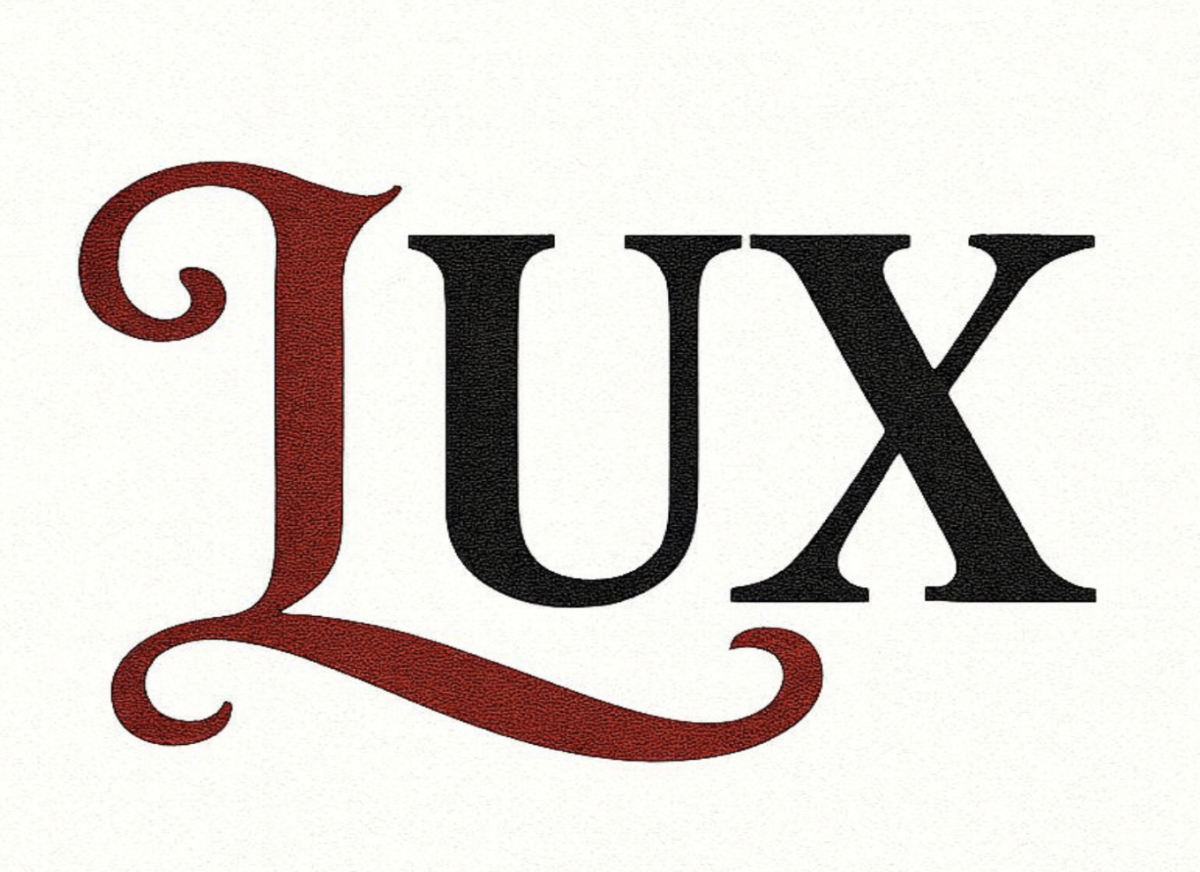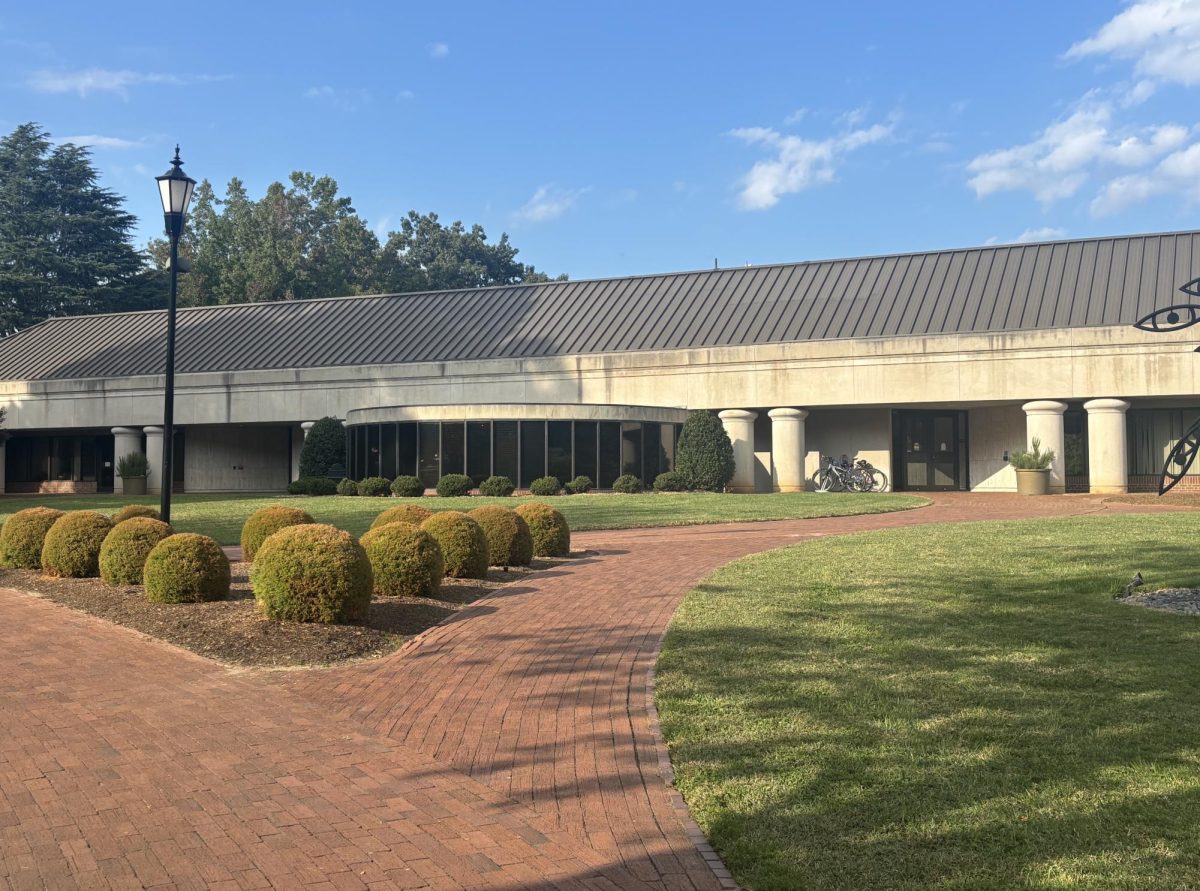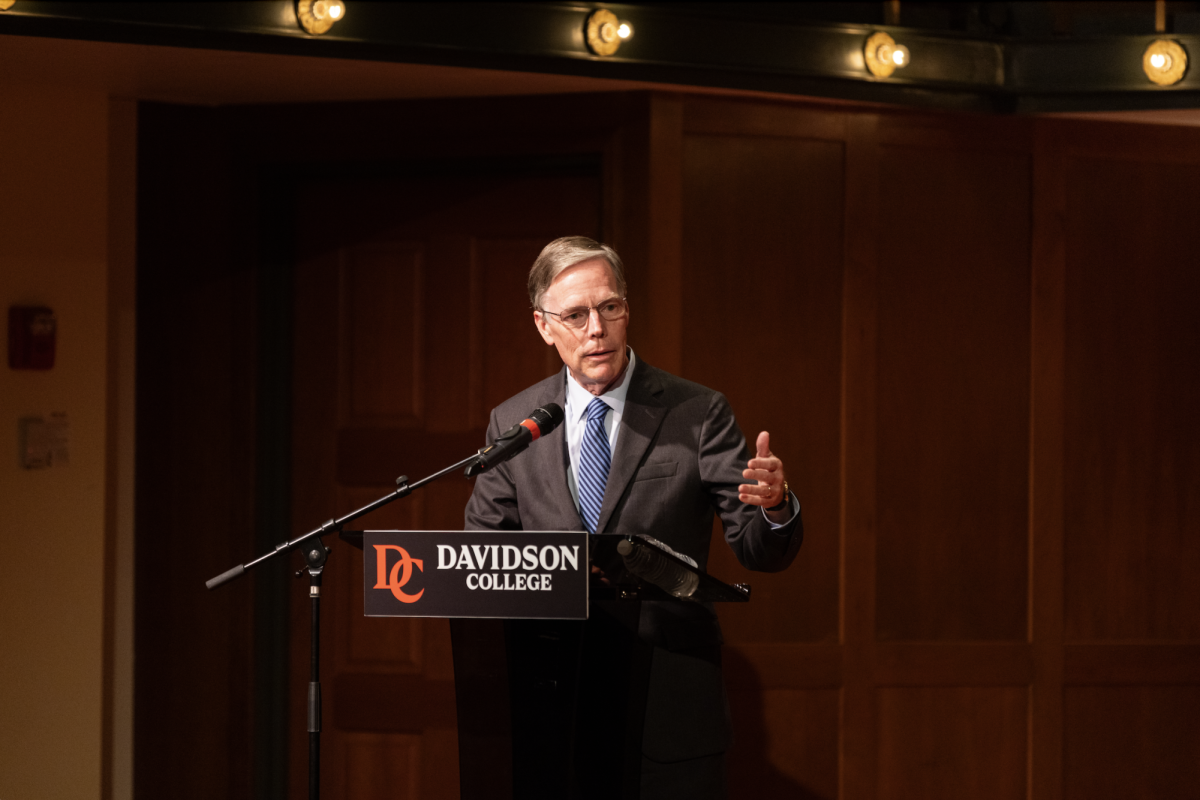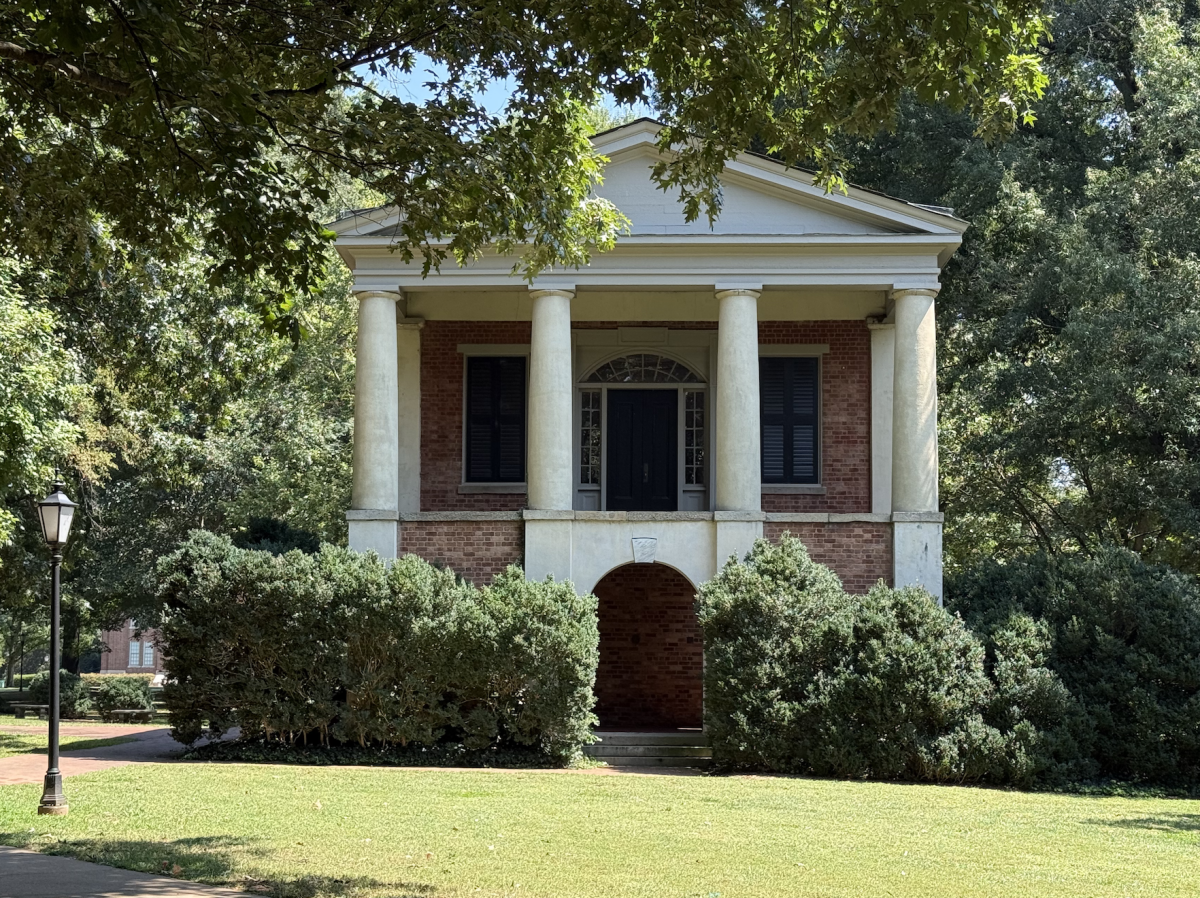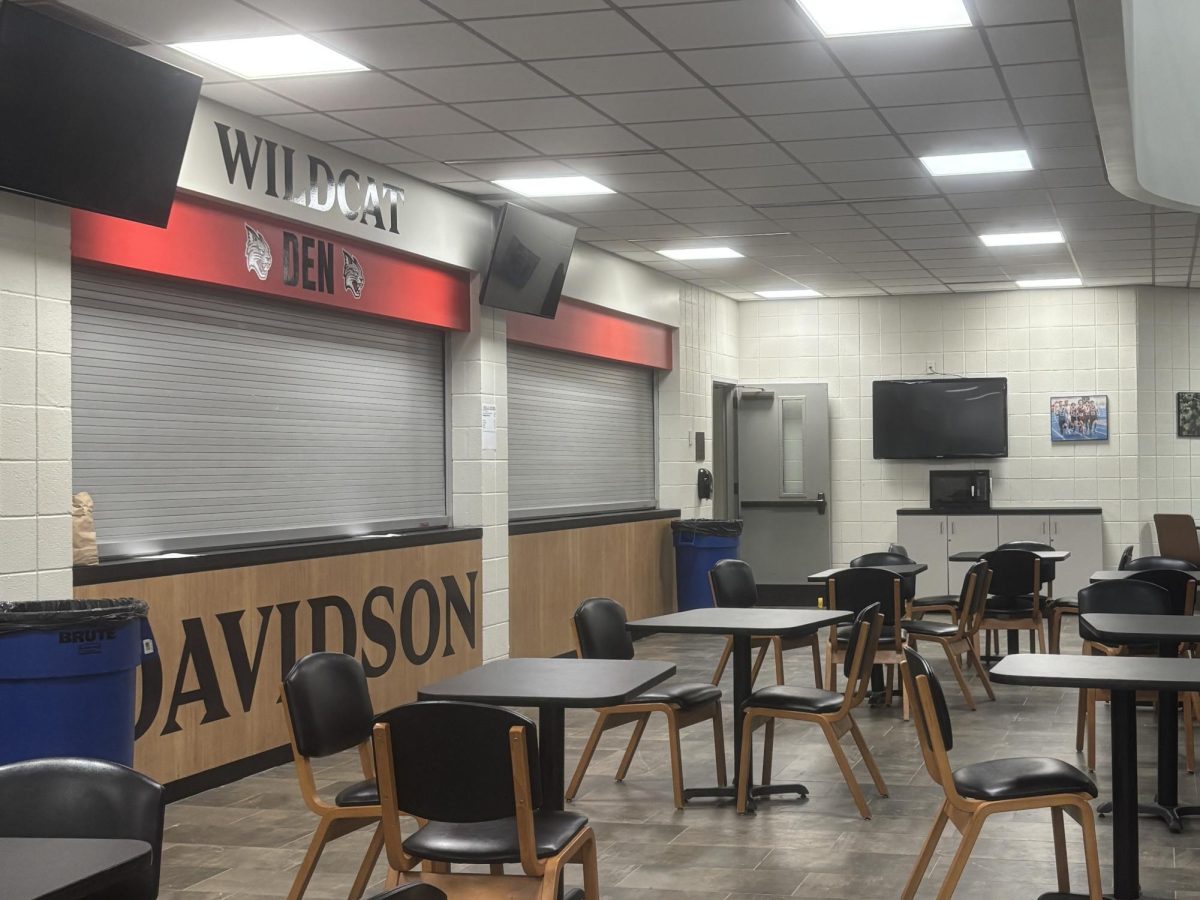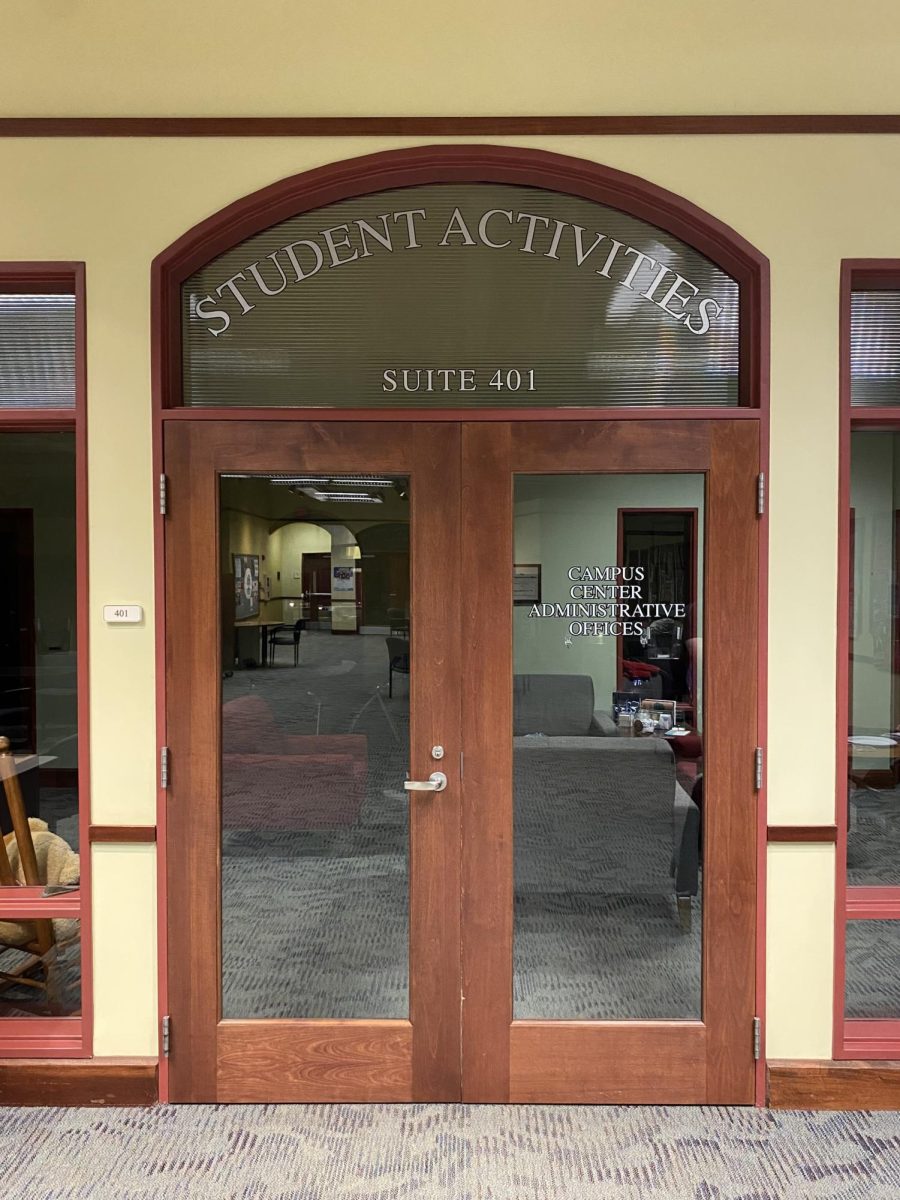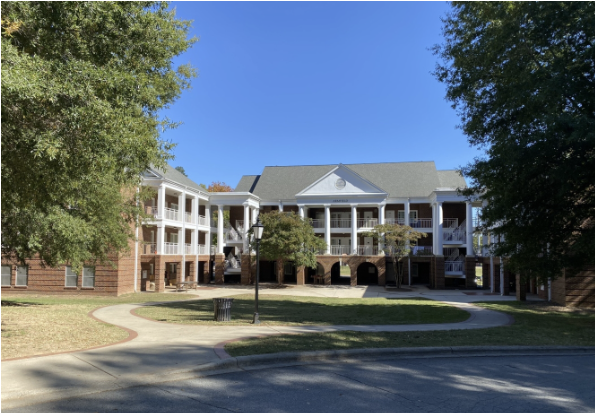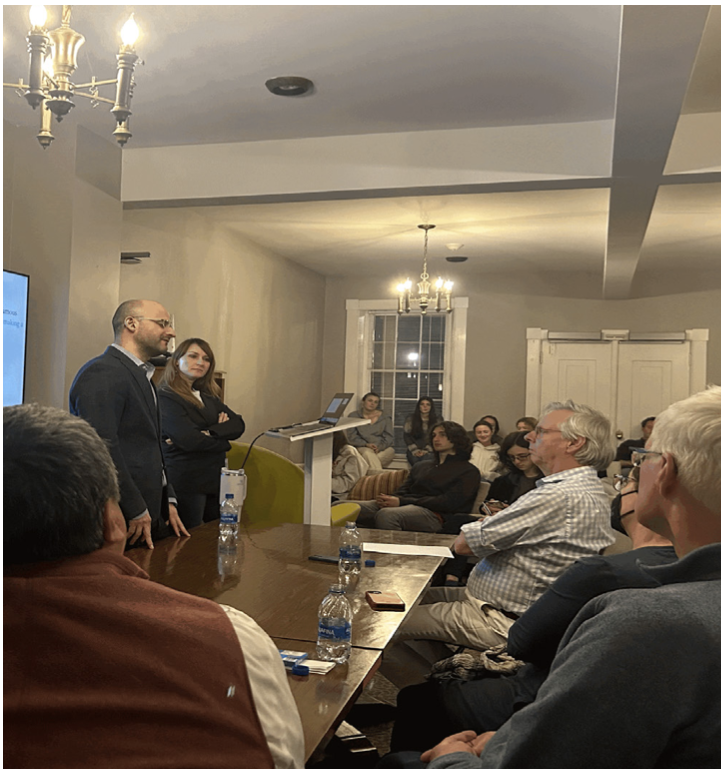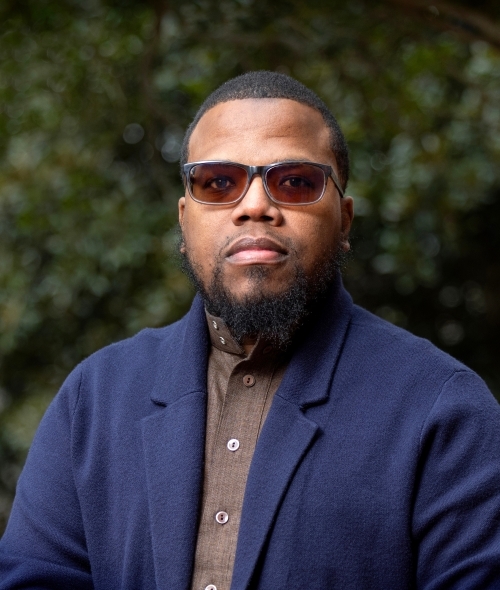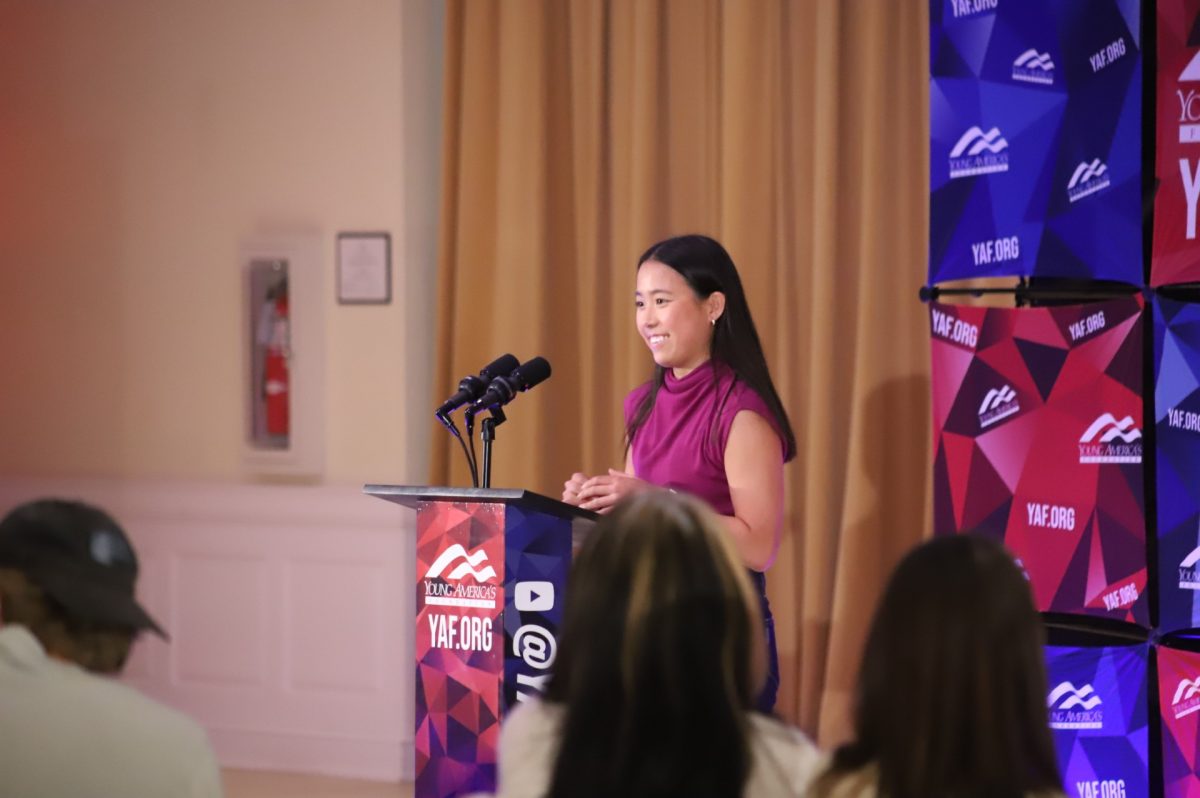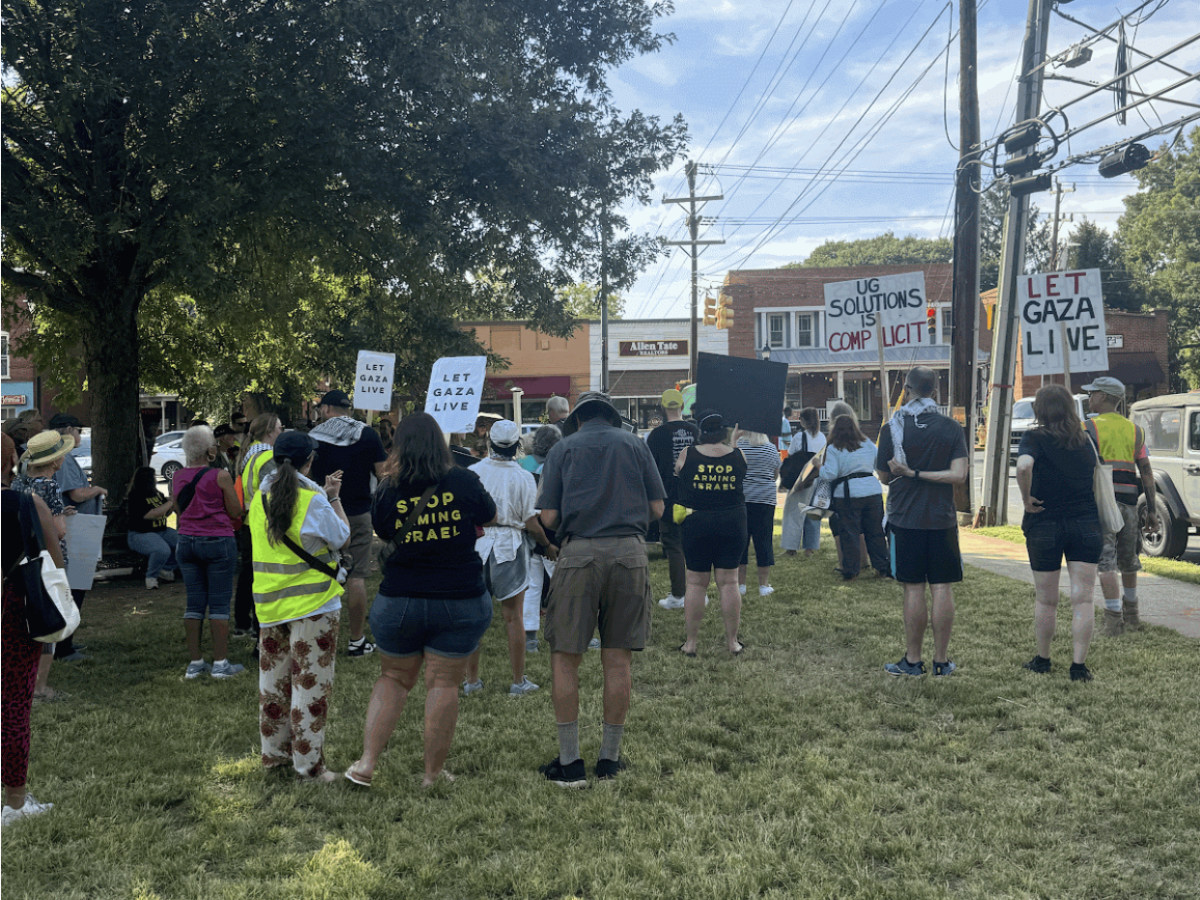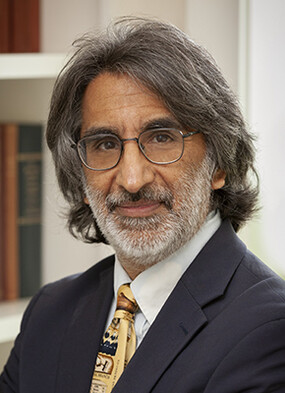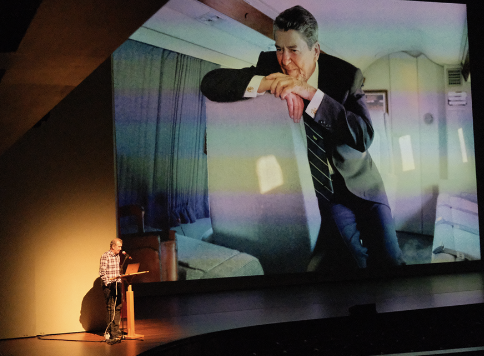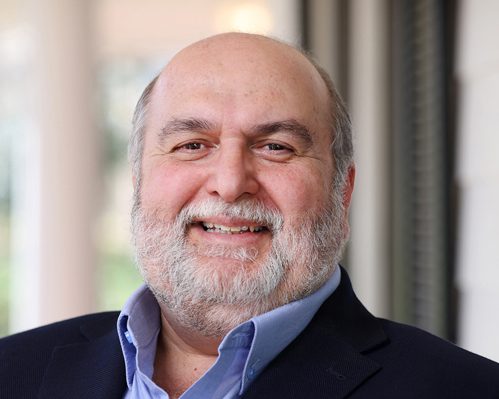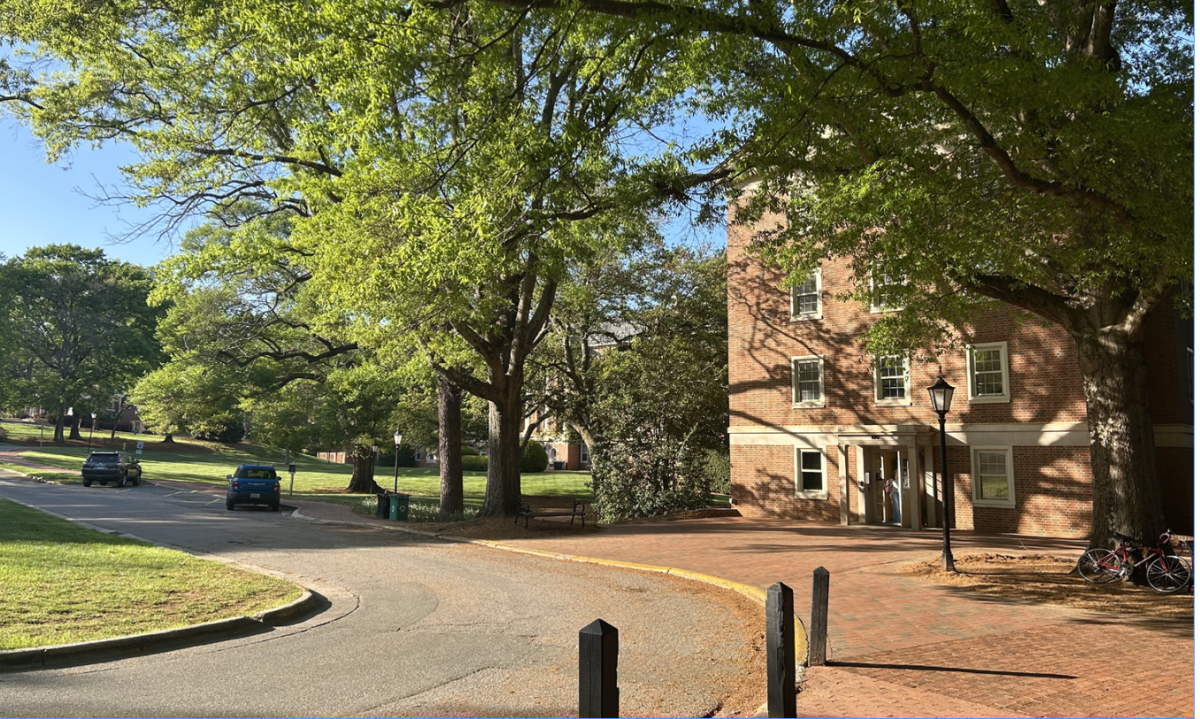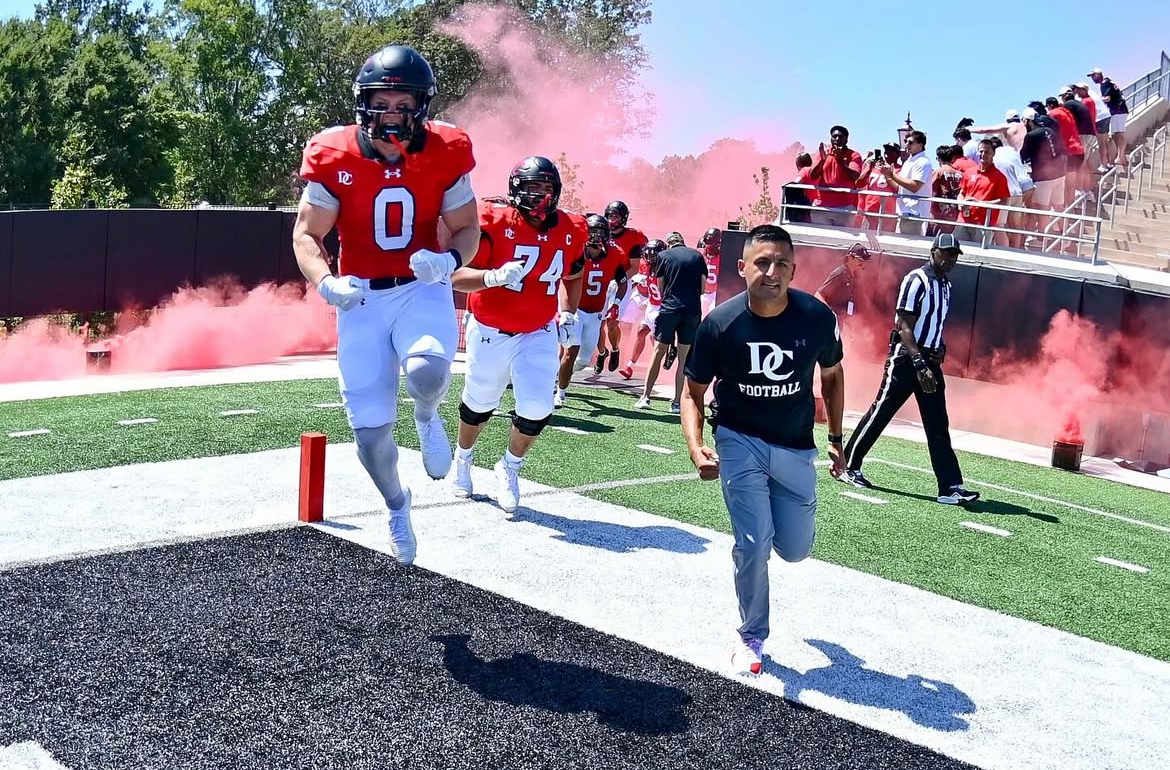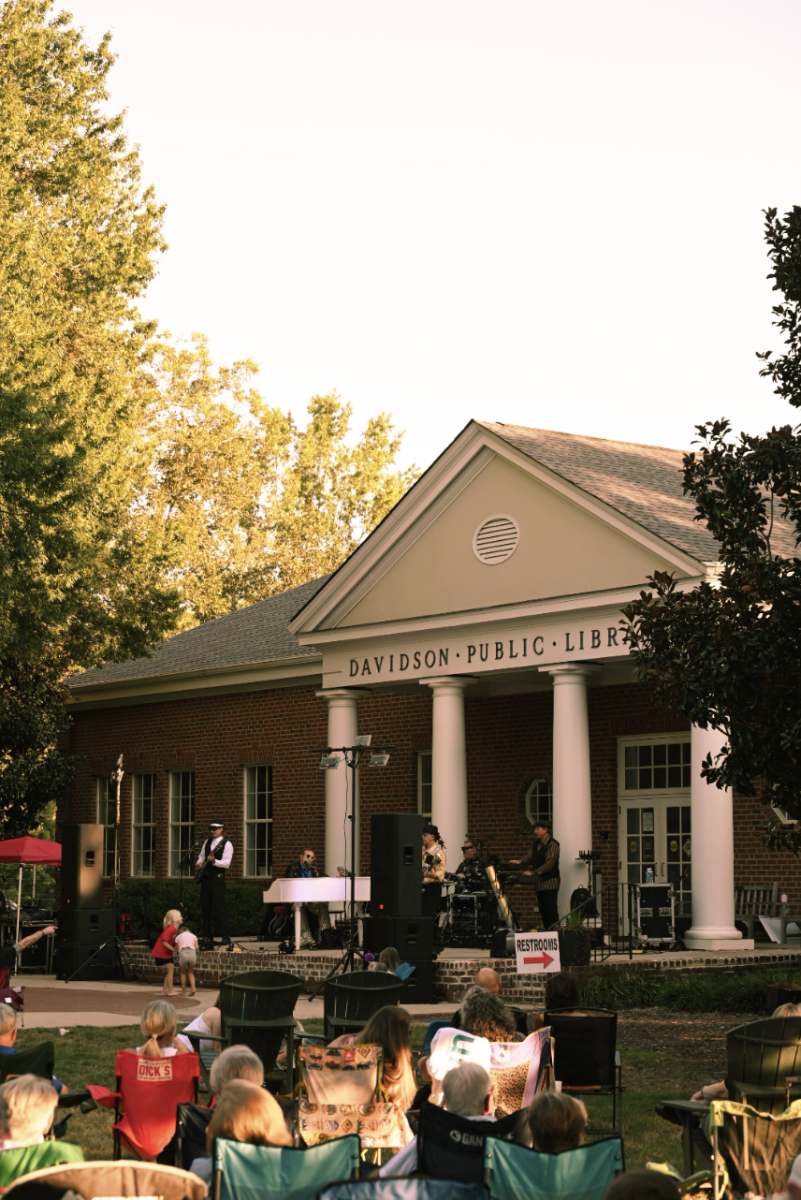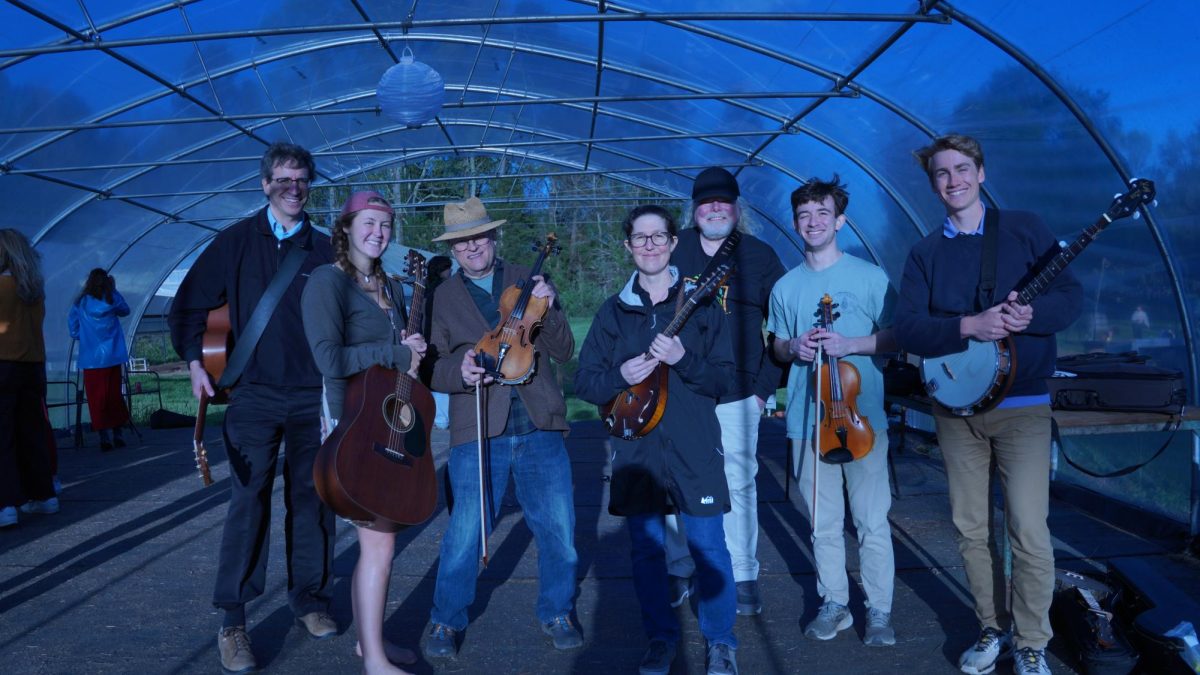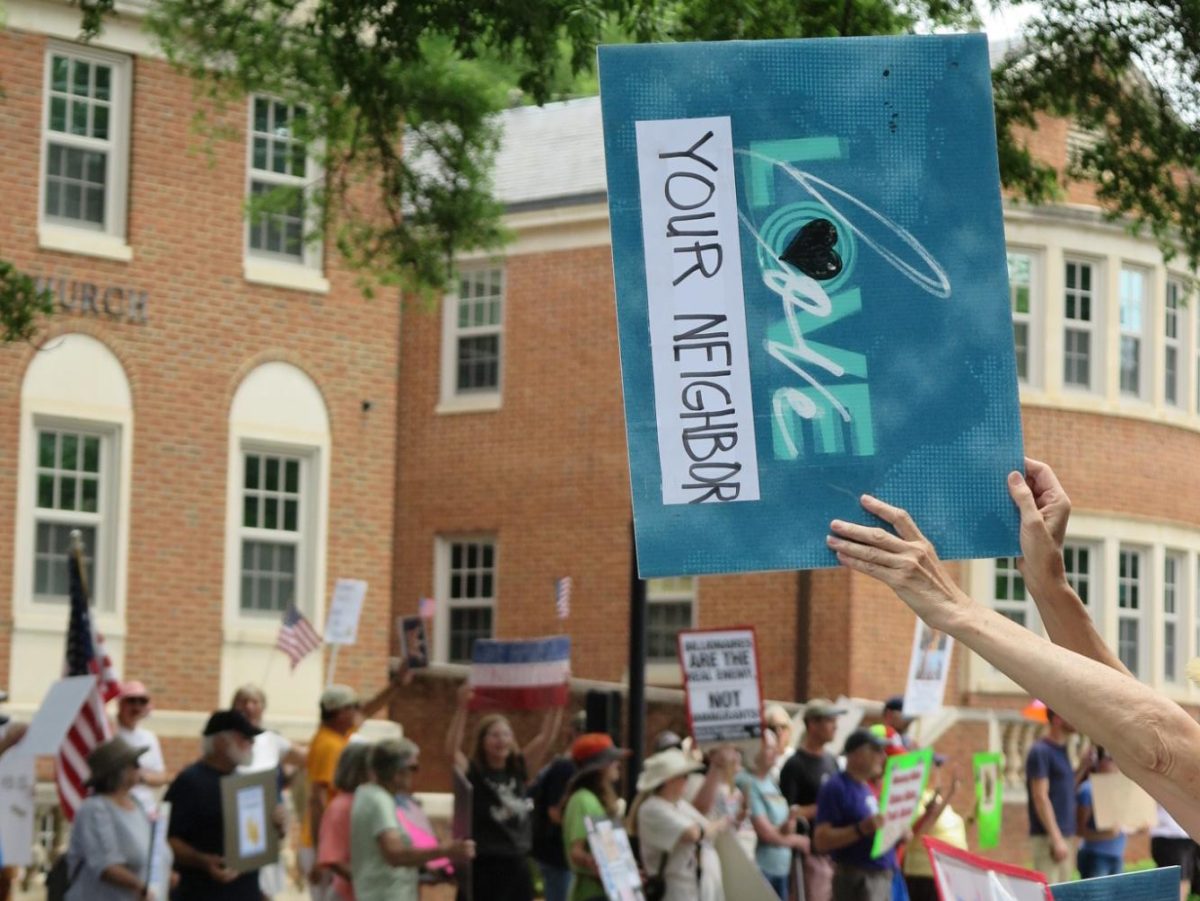Free money, ATM, savings account—these are all terms commonly used by students when referring to Davidson College’s $1.4 billion-dollar endowment. But in reality, the endowment is far more nuanced and currently under threat by the federal government.
Davidson prides itself on being a liberal arts institution that has access to resources beyond compare, all thanks to a strong endowment. Contrary to popular belief, the endowment is not a savings account but rather money given to the school as gifts by people over time, according to a video on the College’s website.
Davidson’s endowment provides long-term support for opportunities like financial aid, scholarships, research grants and professorships. However, with a potential increase in an endowment tax looming in the House of Representatives, the plethora of opportunities that Davidson provides could all be at risk.
Davidson currently pays a 1.4% excise tax on the endowment’s net investment income due to the Tax Cuts and Jobs Act (TCJA) of 2017, passed during President Donald Trump’s first administration—a tax that only applies to private colleges and universities with endowment assets that exceed $500,000 per student. “That means that last year, Davidson paid $1.2 million in tax on our endowment. The opportunity cost is huge; that could have paid for 15 full scholarships,” Davidson College President Doug Hicks ‘90 explained over email.
Today, in order to help reduce the national deficit, legislators in Washington have been toying with the idea of a new tax increase. At least two bills have been proposed, including Representative Troy Nehls’s (R-TX) Endowment Tax Fairness Act, which aims to raise the rate from 1.4% to 21%, matching the federal corporate income tax rate. In this case, Davidson would have to pay upwards of $18 million in taxes, compared to $1.2 million previously.
Chair & Associate Professor of Educational Studies Dr. Christopher Marsicano emphasized that it is too early to tell what the effects of a higher endowment tax could be for Davidson.
“It is hard for any institution to know exactly what’s going on with this because those who are writing tax bills and those who are thinking about this haven’t yet coalesced around specific ideas,” Marsicano said. “It is entirely possible that you will go from 1.4% to 21% […] which is a 1500% increase. It is possible that it will be 4%, it is possible it will be doubled at 2.8%—we just don’t know yet what it’s going to be.”
In 2024, Marsicano and colleagues conducted a study for The Florida Tax Review focused on how colleges adapted to the TCJA.
“Ostensibly, the purpose of the tax was to encourage universities with large endowments to spend more of their investment returns on tuition assistance and other financial aid. However, it may have simply been an attack on higher education as such, often seen as a liberal stronghold, revealing that the TCJA’s endowment tax is likely at least in part the result of partisan political discourse. Whatever the motive behind the tax, as a practical matter, it served as a modest revenue generator, which allowed Congress to pass more significant cuts in other areas and still comply with budget rules applicable to new tax legislation,” the study finds.
Marsicano and his colleagues found that colleges and universities, including Vassar College and Duke University, responded to the tax in different ways.
“We found in some cases that schools raised tuition. We found in some cases schools found other ways to make money,” Marsicano said. “We already have […] isolated incidents where it looks like [colleges and universities] have operated differently.”
What remains unclear is how Davidson and other private institutions will function with their endowment taxed at a much higher rate. “When you’re talking about Davidson, you’re talking about tens of millions in the budget. So a million dollars is not something that dramatically changes the operating ability of an institution. […] If the tax was increased to 21% or 35% or these big numbers, it would be surprising to me if a school could operate the way it has been operating and not make dramatic changes,” Marsicano stated.
Although most bills currently in consideration have been proposed by Republicans, Marsicano emphasized that there is support from Democrats. “This is not just a Republican plan. At the state level, Democrats have tried to tax federal endowments. While the GOP has been getting a lot of press, there [is] bipartisan support,” he emphasized.
With events such as #AllinforDavidson happening today, as well as the senior class gift occurring throughout the spring, Davis Varnado ‘25, one of the senior class gift chairs, emphasized that giving back to the community is crucial.
“While we have a very large endowment, we actually cannot spend most of it. We can only spend what is generated through interest each year, which is a much smaller portion of the total endowment than what most people expect. […] It is crazy expensive to run a college, and while tuition may be expensive and the endowment may be large, those alone are not enough to cover all the costs required to operate this incredible institution,” Varnado said.
Giving back to Davidson could potentially offset any losses from a higher endowment tax, as many funds, like the Fund for Davidson, are not susceptible to the TCJA. “We need to have the Fund for Davidson [FFD], which funds more scholarships, athletics, the arts, research, internships, DEI efforts and so much more. The Fund comes exclusively from alumni and donor relations. Without the FFD, we would not have any of these programs,” Varnado said.
What is certain for the College is that if there is a higher endowment tax, students and members of the Davidson community will bear the brunt of the government’s choice.
“An increased endowment tax means less money for scholarships. More than half of Davidson College students receive financial aid, and the average aid package is more than $50,000. And we do that without loans in the aid package,” Hicks said. “The endowment tax sends money to Washington instead of sending students to college.”

